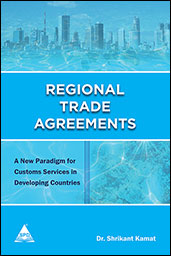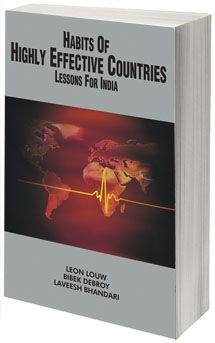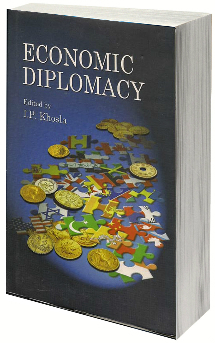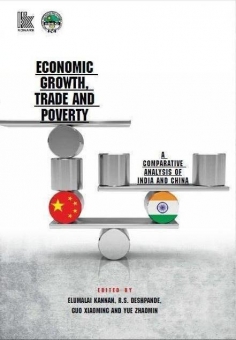Regional Trade Agreements
By Dr. Shrikant Kamat(Author)
The spectre of international trade changed dramatically on 1 January 1995 as nations accounting for over 90 per cent of world trade, simultaneously embraced the World Trade Organization on 15 April 1994. The Most Favoured Nation (MFN) principle has been the strongest pillar upon which the WTO foundations for global free trade have been laid. In other words, under the WTO, each of its members treats all othermembers equally as ‘most favoured’ trading partners. However, some exceptions to the MFN philosophy are permitted by the WTO; the most noteworthy exception being, setting up of an economic bloc between members of a region or between any number of WTO members. While on one hand, the WTO is finding it difficult to bring all member nations to the negotiating table to take the Doha Agenda forward, the rapid proliferation of Regional Trading Arrangement has raised a question mark on the political will of member nations to even support WTO’s Multilateral Trading regime.So, are the Regional Trade Agreements, after all, such a serious threat to WTO MFN philosophy as these are made out to be by some experts. From the perspective of the Customs Administrations of Developing Countries, Regional Trading Arrangements are being touted as by far the most noteworthy game changers, both, in respect of bringing about a systemic improvement as well as making the Customs function more multi dimensional and in sync with the demands of technology driven cross border crimes and offences. This book scans the entire spectrum of customs role and functions by looking at the current state of affairs in various developing countries and also in terms of the new technology driven tools and measures that have been either recently introduced by the World Customs Organization (WCO) or are on the anvil in the near future. Through this book, the author has also raised some serious questions on the challenges faced by the Customs services in developing countries in respect of their capacities and skills for adopting all Trade Facilitation related measures mandated under a Free Trade Agreement.With every facet of Customs function being covered therein, this book offers useful guidance to a wide variety of readers spanning International Institutions, Academicians, Research Scholars, Students, Business Houses and Trade Bodies.




